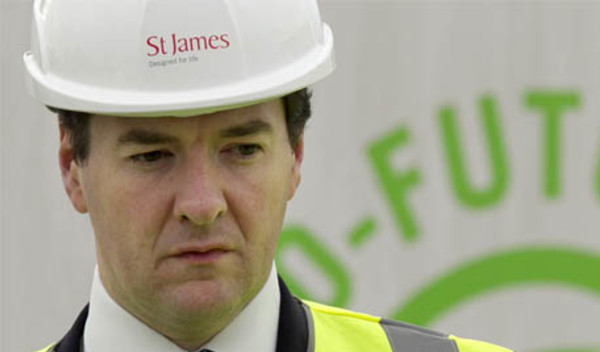

At least £6bn will be taken out of pension pots in the first year of the freedoms, according to Hymans Robertson, significantly more than the £320m estimated in the 2014 Budget and the upward revision to £415m made in the Autumn Statement.
The consultancy noted that this would mean a £1.2bn in tax take for the Treasury in this financial year.
So far providers have reported a substantially reduced amount of money withdrawn from pensions in the first two months – £1bn according to official figures – however, Hymans expects the pace of withdrawals to quicken as providers respond to government pressure and administrative processes become more streamlined.
The government has also said that it wants to further reduce the cost of pension tax-relief, with something in this area expected during the summer Budget next week.
It already announced another cut to the lifetime allowance – raising £600m by reducing the limit to £1m from April 2016 and looking to raise a further £1.4bn by reducing the maximum tax-relief for individuals earning more than £150,000.
In aggregate, these changes amount to more than £3bn in additional revenue, which Hymans believes is too much to remove from pension saving when two thirds of private sector employees are not saving enough for an adequate level of retirement income, according to their research.
Chris Noon, partner at Hymans, said that the chancellor’s justification in this Conservative government’s first Budget to further reduce pension tax relief was that it was becoming too costly.
“The government needs to offset the increase in tax receipts due to the pension freedoms from the tax relief bill. We estimate £1.2bn will flow to the Treasury this tax year, potentially increasing in subsequent years.
“However, the cost of tax relief is set to rise further due to a combination of salary growth and the continued impact of auto-enrolment,” he stated, adding that from next year the amount individuals will automatically save into a pension scheme will rise from 2 per cent of pay to 8 per cent, while the number of people being enrolled into pension schemes will double to 10m.
Henry Tapper, business development director at First Actuarial, told FTAdviser that the cost of pensions is complicated by the amount that the Treasury must pay into the National Insurance Fund to subsidise its promise on the ‘triple lock’ state pension guarantee.
“With £12bn to be cut from the welfare budget, I doubt George Osborne is in a benevolent mood and the £34bn of tax relief being paid to encourage saving looks a very soft target.
“The cash flow advantage of a bumper first year’s receipts from the freedoms must be balanced against the negative impact this windfall payment will have on future receipts.”
He added that this banking of future revenues is the pension equivalent of Payment Protection Insurance.
“Taken together with the government’s failure to recognise its unfunded pension promises on the nation’s balance sheet, there has to come a point where this kind of creative accountancy gets found out.”
Martin Tilley, director of technical services at Dentons Pensions Management, added pension funds are being used to fill part of the black hole that is the national debt, with long-term implications of the pension freedoms and sale of annuity contracts apparently not factored in.
“My worry is that on 8 July, we will see further knee jerk policy decisions being aired before expert industry opinion is sought and understood through consultation.”
Mr Noon concluded by suggesting a flat-rate tax relief on pension saving, perhaps at the 33 per cent level suggested by former pensions minister Steve Webb, would be a much more effective mechanism for the redistribution of tax relief than the current policy.
“This would impose a natural limit for tax-efficient pension savings at the higher-rate income tax threshold. As a result lifetime allowance limits could be scrapped, ending the inequitable impact on DC versus DB pension savers.
“We hope that the chancellor considers this, as well as the tax receipts he will be receiving into Treasury as a result of the pension freedoms, when putting together the July Budget.”
peter.walker@ft.com



